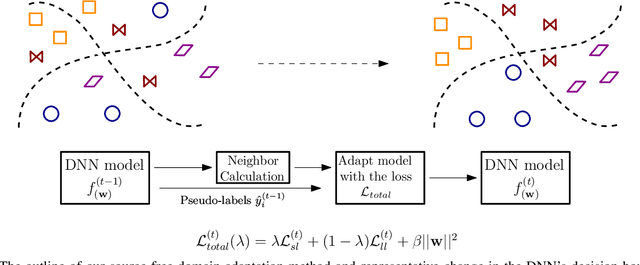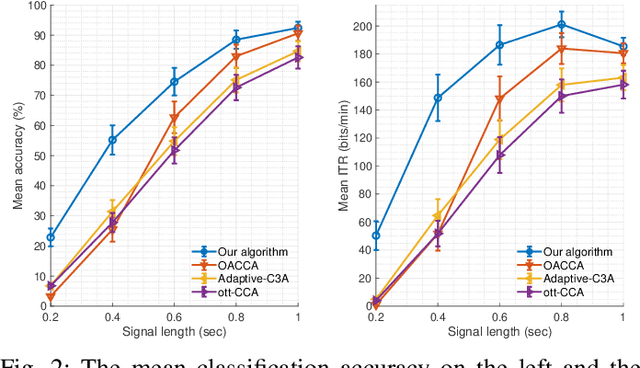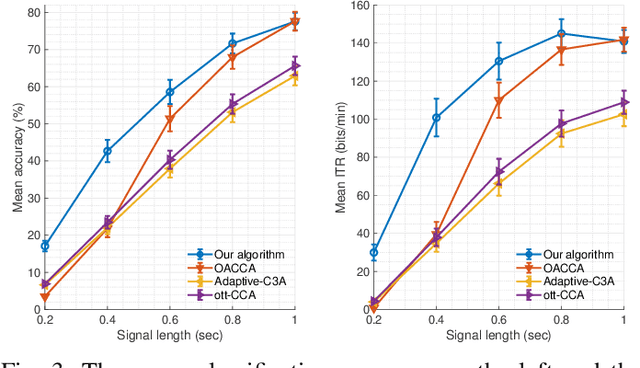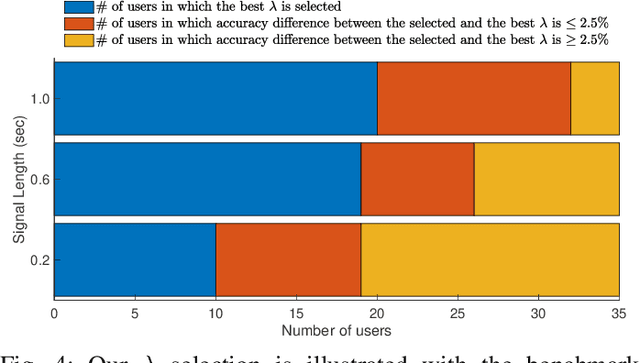Deniz Kucukahmetler
Multimodal Recurrent Ensembles for Predicting Brain Responses to Naturalistic Movies (Algonauts 2025)
Jul 23, 2025Abstract:Accurately predicting distributed cortical responses to naturalistic stimuli requires models that integrate visual, auditory and semantic information over time. We present a hierarchical multimodal recurrent ensemble that maps pretrained video, audio, and language embeddings to fMRI time series recorded while four subjects watched almost 80 hours of movies provided by the Algonauts 2025 challenge. Modality-specific bidirectional RNNs encode temporal dynamics; their hidden states are fused and passed to a second recurrent layer, and lightweight subject-specific heads output responses for 1000 cortical parcels. Training relies on a composite MSE-correlation loss and a curriculum that gradually shifts emphasis from early sensory to late association regions. Averaging 100 model variants further boosts robustness. The resulting system ranked third on the competition leaderboard, achieving an overall Pearson r = 0.2094 and the highest single-parcel peak score (mean r = 0.63) among all participants, with particularly strong gains for the most challenging subject (Subject 5). The approach establishes a simple, extensible baseline for future multimodal brain-encoding benchmarks.
Source Free Domain Adaptation of a DNN for SSVEP-based Brain-Computer Interfaces
May 27, 2023



Abstract:This paper presents a source free domain adaptation method for steady-state visually evoked potential (SSVEP) based brain-computer interface (BCI) spellers. SSVEP-based BCI spellers help individuals experiencing speech difficulties, enabling them to communicate at a fast rate. However, achieving a high information transfer rate (ITR) in the current methods requires an extensive calibration period before using the system, leading to discomfort for new users. We address this issue by proposing a method that adapts the deep neural network (DNN) pre-trained on data from source domains (participants of previous experiments conducted for labeled data collection), using only the unlabeled data of the new user (target domain). This adaptation is achieved by minimizing our proposed custom loss function composed of self-adaptation and local-regularity loss terms. The self-adaptation term uses the pseudo-label strategy, while the novel local-regularity term exploits the data structure and forces the DNN to assign the same labels to adjacent instances. Our method achieves striking 201.15 bits/min and 145.02 bits/min ITRs on the benchmark and BETA datasets, respectively, and outperforms the state-of-the-art alternative techniques. Our approach alleviates user discomfort and shows excellent identification performance, so it would potentially contribute to the broader application of SSVEP-based BCI systems in everyday life.
 Add to Chrome
Add to Chrome Add to Firefox
Add to Firefox Add to Edge
Add to Edge